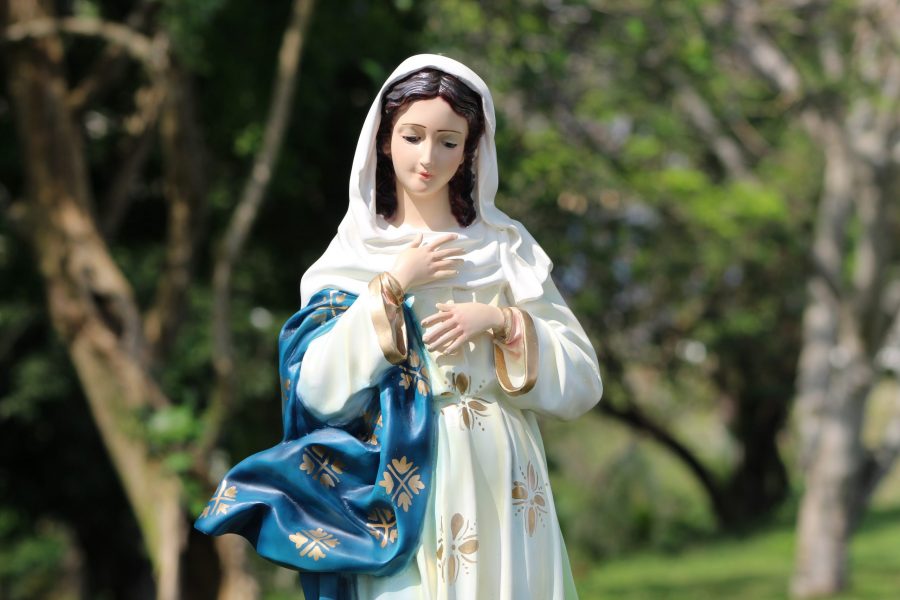At the beginning of December, in the heart of Advent, Christians celebrate the feast of the Immaculate Conception. Well, the truth is that this feast has surpassed the Christian almanac and for centuries it has been a joyful prelude to Christmas, without anyone daring to displace or replace it.
What is the significance of this feast? The Church sees in Mary a mystery of beauty, but above all a mystery of strength. She was the Woman specially prepared by God to defeat the Dragon who threatens to ruin human life (cf. Rev 12:1-6). We do not have to make special demonstrations to detect the presence of evil. We encounter daily an obsessive evil that crushes and ruins our freedom. Why do we so often do what we do not want to do and fail to do what we want to do? There is no scientific reason to explain this mysterious innate propensity of humans not to do good. It is as if a virus more perverse than COVID prevents us from functioning properly. Whenever we try to fight it by our own means, we hardly achieve satisfactory results. Only Mary, full of God’s grace and favour, was freed from this tragic plague.
Our intelligence is reluctant to believe that anyone of our race has been victorious in its fight against evil. The rationalists do not admit it at all. There is no such thing,” they say, “as a substantially good human being in this corrupt and perverse world. We are all made of the same stuff. We all, absolutely all of us, end up disappointing and letting ourselves down”. They despise this hidden and mysterious side of life. They are blind people who think they see; they may claim to be good observers, but they are terrible interpreters. This feast wants to open our eyes.
Celebrating the feast of the Immaculate Conception in the heart of this liturgical season helps us to understand how God prepared her who was to be the mother of Jesus: He preserved her, he immunised her from all evil. He endowed her with an unshakeable faith and a generous dedication. From the very beginning, he formed around her a magnetic field of light and goodness that transfigures whoever dares to draw near. A path opened up for us.
An atheist like Sartre left us a tender interpretation of this Christian dogma. In a delightful account of his drama Bariona, the son of thunder (1940), he describes the sensations of the Virgin Mary when she looked at the face of the new-born Jesus and discovered in amazement: “He is God, but he looks like me! The naivety of these words invites us to recover a piece of innocence, a kind of crack open to the sky between the clouds of an adult life, sceptical because of so many disappointments suffered and perhaps damaged by the teeth of evil. We too resemble God.
Juan Carlos cmf
(PHOTO: Andrea Vázquez)






